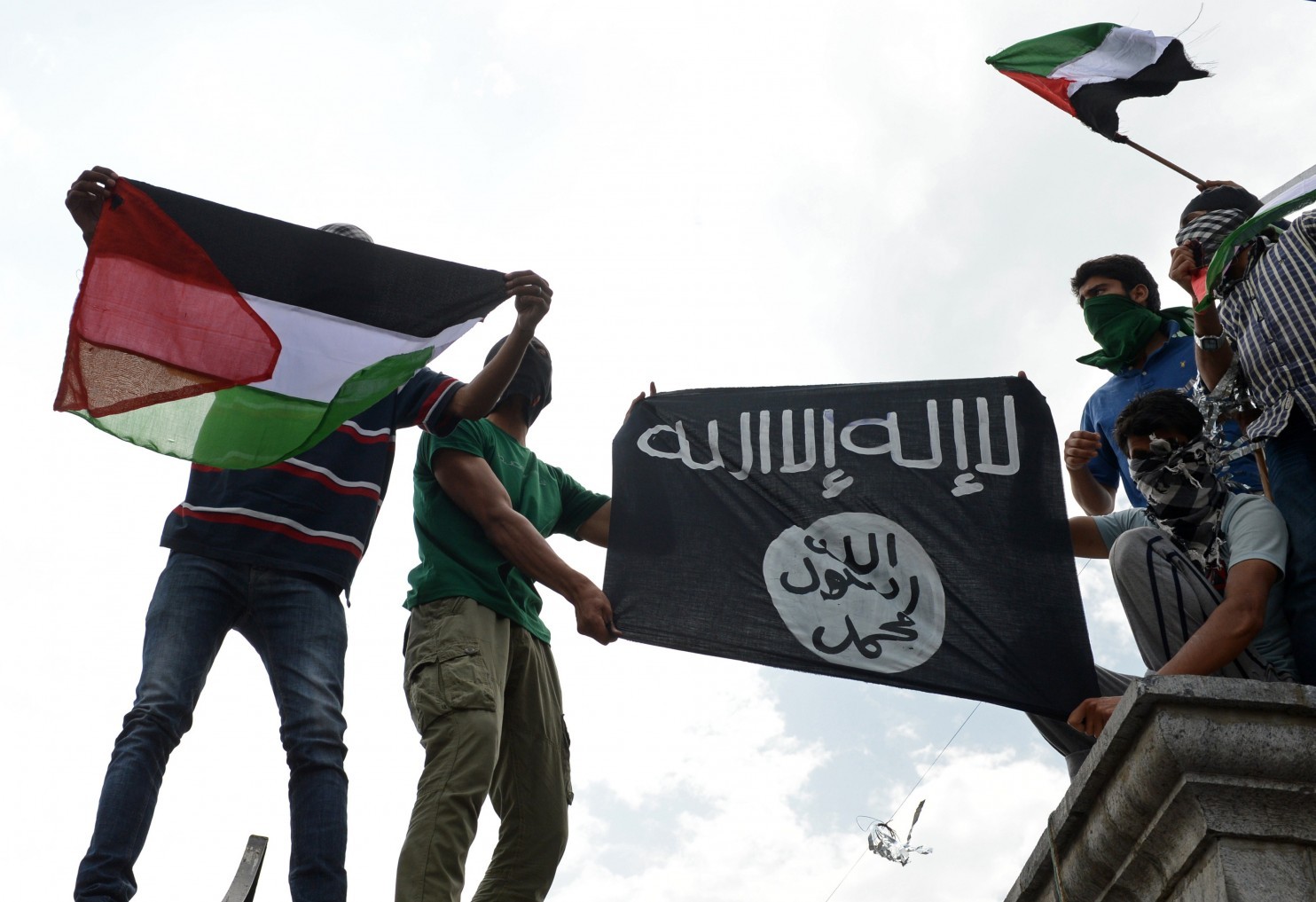A year on from the launch of Israel’s brutal military assault on Gaza, Palestinians in the coastal enclave are still struggling to pick up the pieces. Their hopes of returning to a sense of normality continue to be hindered by an Israeli-enforced blockade that has limited aid and construction supplies into the region, as well as the IDF’s apparent disregard for a ceasefire which brought last-years’ war to a halt. In essence, little has changed in Gaza apart from the obvious trail of ruin.
These are the sentiments held by the majority of residents in the war-ravaged coastal strip. Exactly one year ago today the IDF embarked on a 50-day campaign dubbed ‘Operation Protective Edge’, the outcome of which was devastating. Whilst Israel listed just over 70 deceased, on the other side of the border there were more than 2200 casualties, nearly 600 of which were children. A further 11 000 or more were injured.
Substantial amounts of infrastructure were razed to the ground, and little has since been done in the way of reconstruction. Whilst Gaza remains in desperate need of constructional material, the siege has meant that little supplies have actually been allowed across the border, this because Israel suspects Hamas of using those materials to dig tunnels between the strip and Egypt.
With residents young and old battling post-traumatic stress disorder (PTSD), and with Israeli F-16s and drones still frequently flying over the region, Gazans believe the war to be far from over.
“The F-16’s sleep with us, it eats with us, it goes to shower with us and it does everything (with us)…The people who have lost their homes are still struggling to get back to where they were,” explained Gaza-based journalist Mohammed Omer, author of a the book ‘Shell-Shocked’, which provides first-hand accounts from residents who were, and still are affected by the conflict.
In recent weeks a new threat has emerged for Gaza in the form of factions aligned to the Islamic State (IS) group, who have left trails of blood and destruction in parts of Syria and Iraq. Apart from reported support within the Gaza Strip, the radical group are also seeing growing support in the bordering Sinai region in Egypt. Just last week, IS issued a warning to Gaza’s Hamas-rulers highlighting its intention of taking control of the coastal strip, with the ultimate objective to “uproot the state of the Jews”.
Omer however sought to look at the positive of the warning, suggesting that those in the region who may have ideologically held support for IS were now firmly opposed to them.
“The threats are valid, but the Gazan people reject them. I have talked to analysts who believe IS cannot defeat Hamas. Hamas are much stronger on the ground, and have the possibility of fighting if these groups come together. As far as the public is concerned, there is a total rejection of the IS, or Daesh mentality to grow,” he stated.
The IS’s campaign to expand its self-declared Islamic caliphate in the Middle East has provoked widespread condemnation, especially in its methods of intimidation, violence, brutal murder, and destruction. Omer stressed that such ideologies were not in line with those of the Palestinian people, and that IS were far from the solution needed for the liberation of Gaza and the broader Palestine.
“What they want (IS) is that it is either their way or the highway. You cannot just say that it is either Islamic State thinking, or no one else is right. Palestinians know they need to compromise, and that the liberation will take a long time,” he said, adding that an IS presence would only provide Israel with more justification to increase its control of Palestinian territories.
He added that if faced with the prospect of either IS or Israeli occupation, Gazans would overwhelmingly opt for the latter, which could still be held accountable before international courts. VOC (Mubeen Banderker)






 WhatsApp us
WhatsApp us 

